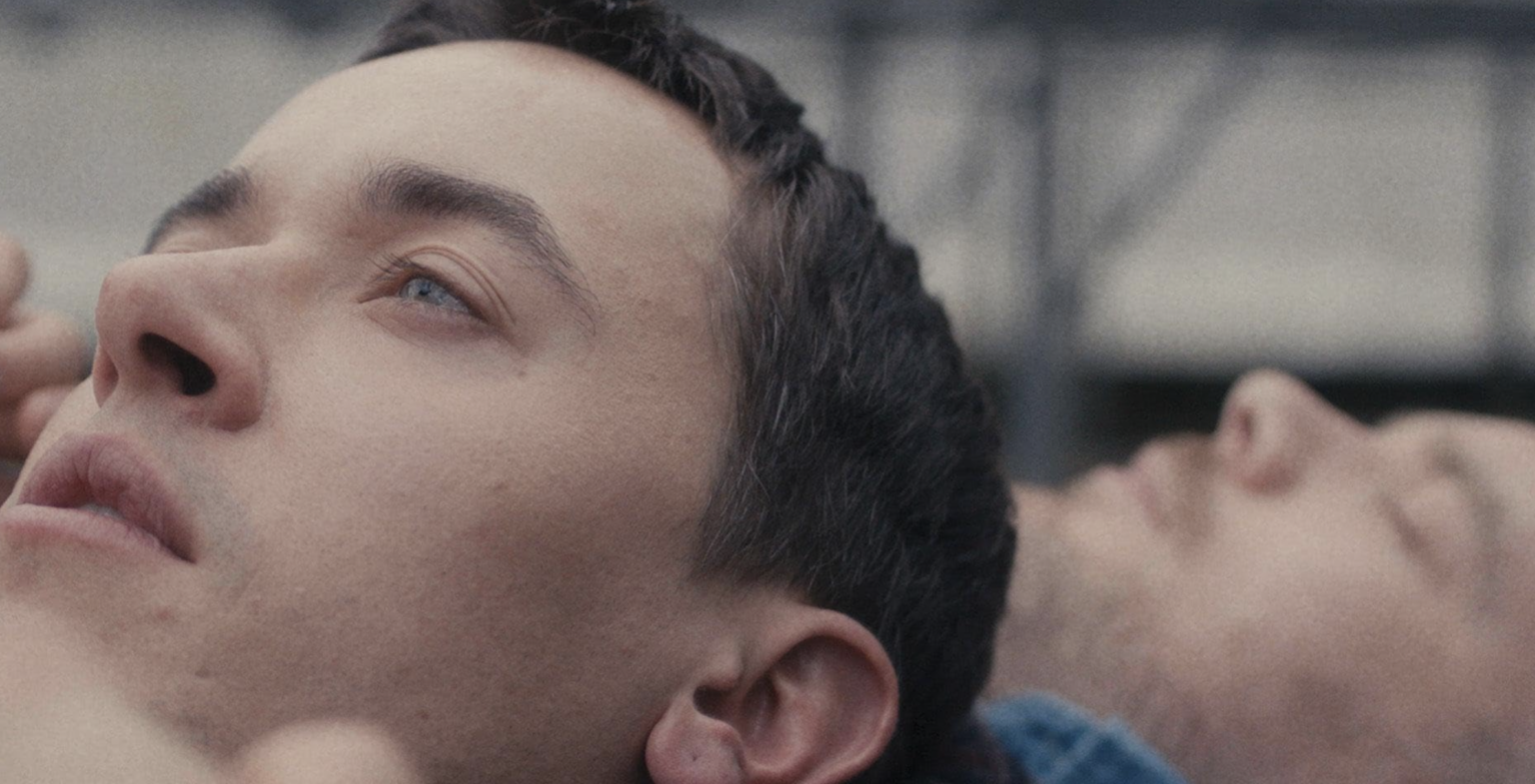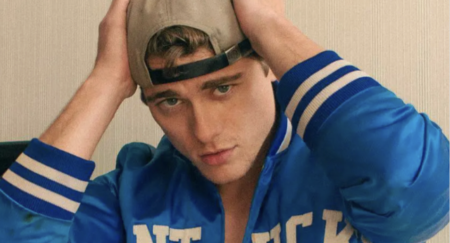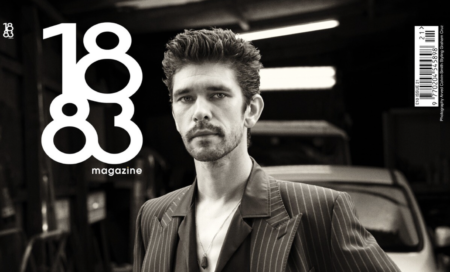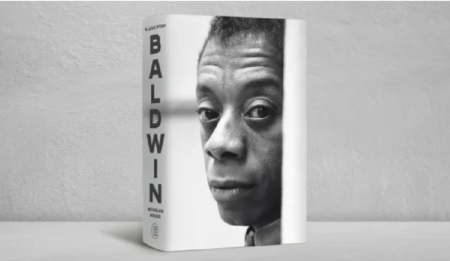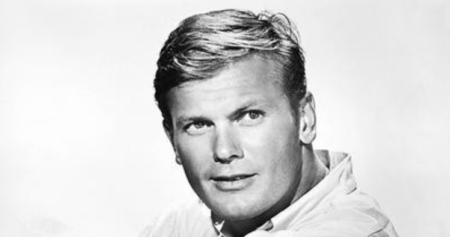The first trailer for Plainclothes arrives like a hand on the small of the back: intimate, insistently uncomfortable and impossible to look away from. The film — led by Tom Blyth as Lucas and Russell Tovey as Andrew — frames a queasy, combustible romance against the furtive geography of 1990s up‑state New York, promising as much moral ambiguity as erotic tension. The teaser already sells the picture as more than a period crime drama; it’s being positioned as a psychological study of secrecy, desire and the damage wrought by policing other people’s lives.
At its centre is a stark premise: a young undercover cop whose remit is to seduce and arrest men perceived to be gay, only to be waylaid when his latest target refuses to play the expected part. The trailer cuts between cramped men’s‑room entrapments, terse exchanges in shopping‑mall corridors and a New Year’s Eve confrontation that reads like a hinge moment — all of it staged to underline how the comedy of deception quickly curdles into paranoia and self‑reproach.
Plainclothes is the feature debut of writer‑director Carmen Emmi. Industry coverage and early reporting list Emmi as the creative force behind the script and the production, with a supporting ensemble and a roster of producers who have shepherded the project from development into festival life. That pedigree matters here: this is clearly being presented as an auteur debut rather than a genre exercise.
The film’s emotional engine is equally personal. Emmi has been explicit about where the story came from: in a filmmaker’s note he says the idea first visited him in 2016, at a moment when his brother was becoming a police officer and he was beginning to live more openly as a gay man. ‘The idea for this film came to me in 2016,’ he writes, and elsewhere he frames Plainclothes as an attempt to reconcile a family intimacy with a history of policing queer bodies. He has also written plainly about making the movie ‘so my seven‑year‑old self could finally exhale.’
That ambition is grounded in specific, sometimes ugly history. The film’s premise draws on real‑world sting operations that targeted men in parks and restrooms, episodes that have since attracted legal and civic condemnation. Coverage of those cases shows how such decoys have been challenged in court on grounds of discriminatory policing and entrapment, and how the consequences for those ensnared could be severe — from overturned convictions to lasting social and legal harm.
Emmi’s own past — the Syracuse of his childhood and the broader 1990s climate of fear around HIV and public visibility — feeds the film’s texture. He has spoken about filming in his hometown and using local landmarks to anchor the story: the mall, the greenhouses, the precincts and the places where a young queer person in the ’90s might have learned to hide. Those details aren’t nostalgic affects so much as the scaffolding for a film whose stakes are both intimate and political.
Stylistically, the trailer leans into a period mood: grainy textures, VHS‑style inserts and a sound design that privileges breath and close‑quarters tension. That aesthetic choice helps make the sex scenes and the moments of tenderness feel both urgent and dangerous; the film courts the same ambivalence that the story requires, never letting romance fully settle into comfort. Early coverage makes clear the filmmakers intend Plainclothes to operate as a thriller and a love story in equal measure.
Festival response has already shaped the film’s profile. Plainclothes premiered at Sundance, where coverage noted both the debut’s emotional heft and its festival recognition; the film has also secured a theatrical window in North America, with a distributor planning a September 2025 release. Those moves suggest the team is aiming for a mainstream arthouse run that can carry the film’s political pulse into wider conversation.
For queer audiences, Plainclothes reads as consequential: it asks questions about who gets to police desire, what secrecy does to a person’s sense of self, and how institutions can weaponise shame. Emmi’s own investment — familial ties to law enforcement, the fear and stigma of the 1990s, and a long development period that shaped the script — gives the film a sincerity that should resonate, even where the plot’s procedural artifice makes for sharp moral complication.
There is, finally, a simple reason to pay attention. Beyond the performances, beyond the festival buzz, Plainclothes is staking a claim to a space of queer storytelling that refuses tidy resolutions. It wants to make you feel implicated: not only in the characters’ betrayals and desires, but in the systems that made those choices possible. If the trailer is any guide, the film will be a knotty, emotionally charged watch — and one that asks its viewers to reckon, again, with a history of surveillance and shame that is not as distant as we might like to think.
See the trailer to Plainclothes here.
Source: Noah Wire Services







